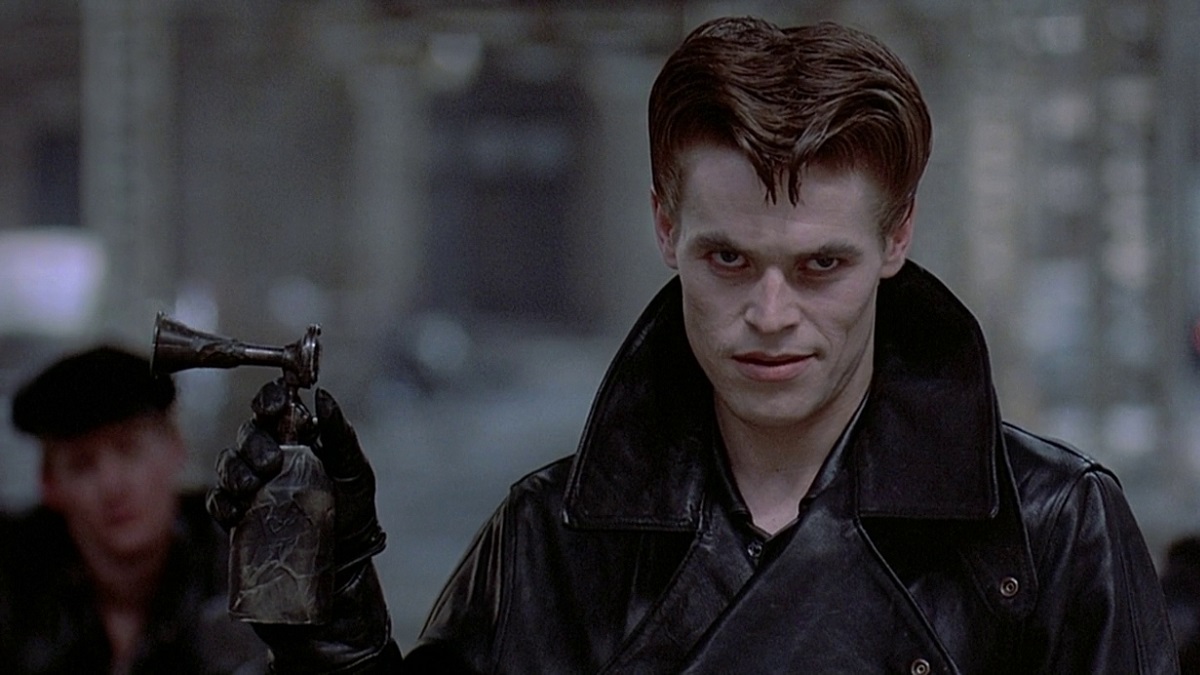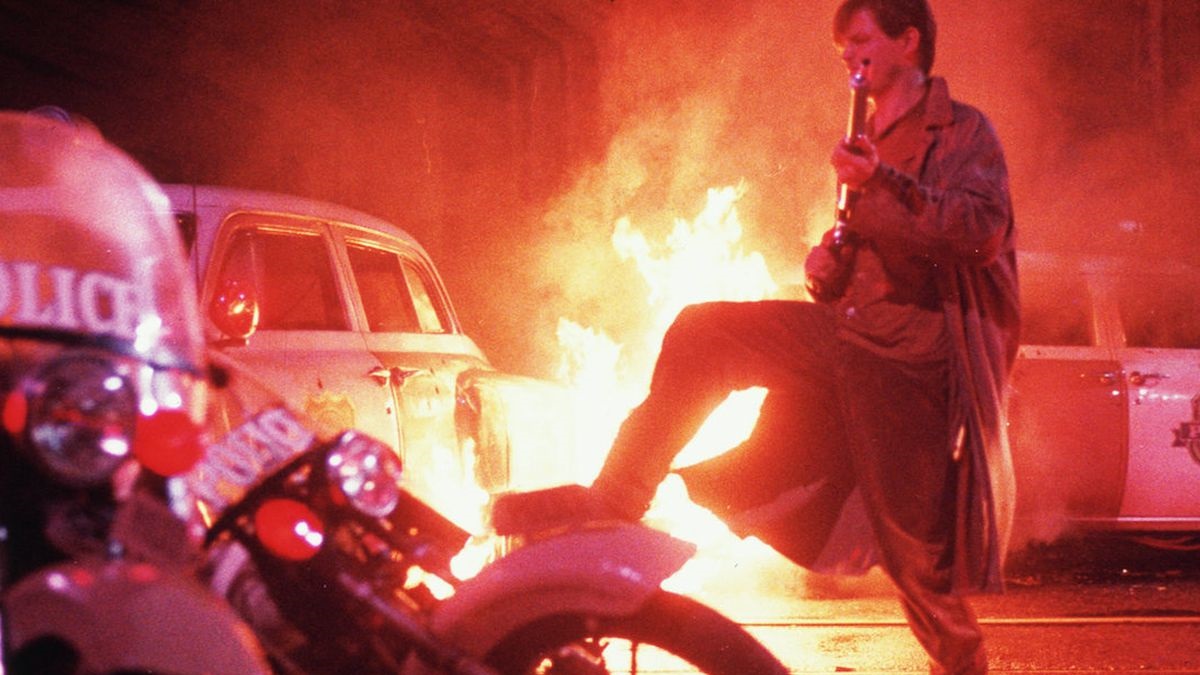Trying to describe director Walter Hill’s Streets of Fire to somebody blissfully unaware of its existence is a tough task that probably won’t do the one of a kind wonder any favors, but that hasn’t stopped it from continuing to gather new fans on a generational basis.
In the broadest of terms, the 1984 cult classic is a dystopian-tinged rock opera with noir elements and even a little hint of sci-fi, with the plot finding a fresh-faced Willem Dafoe leading a gang of leather-clad bikers. Kidnapping Diane Lane’s singer, a mercenary ends up being hired by the musician’s manager – played by Rick Moranis – in an effort to stage a rescue mission.

Certifiably nuts in the best kind of way, Streets of Fire disappointingly tanked at the box office during its initial release after earning a shade over $8 million on a $14 million budget. However, it quietly went about establishing a legacy and lasting influence over several genres, to the extent that it might just be one of the most underrated trailblazers of its time.
As stated on a Reddit thread, Streets of Fire proved so popular in Japan that it inspired countless anime titles, while a certain Quentin Tarantino is also a noted supporter of Hill’s gonzo action thriller with a musical twist. Meanwhile, writer Larry Gross even noted that the iconography played a huge part in the aesthetics of both Paul Verhoeven’s RoboCop and David Fincher’s Seven, two movies that couldn’t be more different on every level, but each exist as stone-cold greats of their respective genres.











Published: Mar 29, 2023 02:09 am